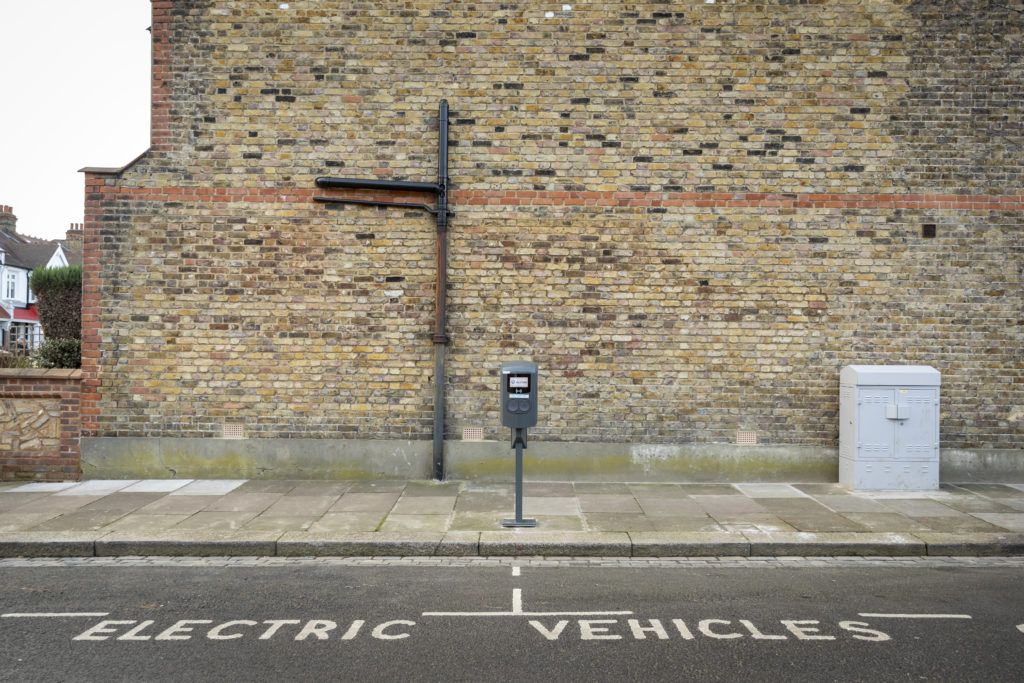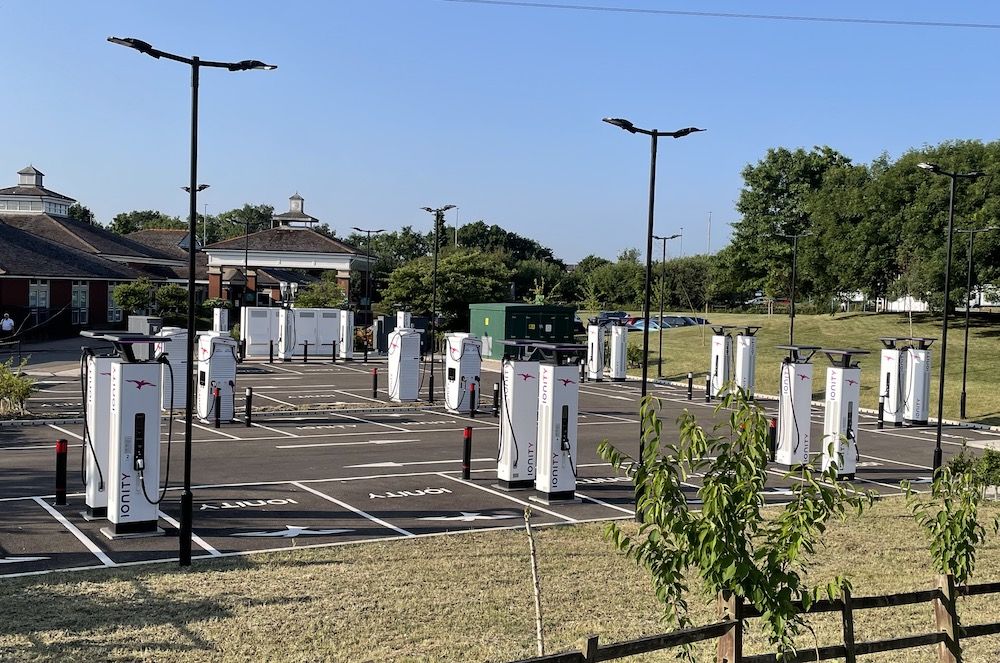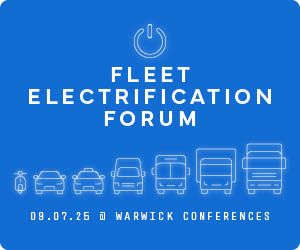Electric vehicle charge point operator Liberty Charge has warned of a more than £1.5 billion shortfall in Government EV infrastructure funding and called on the private sector to step in.
The company says the Government’s £450 million Local Electric Vehicle infrastructure (LEVI) fund falls short of real-life costs. In total, the Government has committed just under £1.5 billion in funding for rapid and transit charge points across the UK.
The firm believes this is just half of what it will cost to install the 300,000 public charge points needed to electrify the UK and could leave Britain at risk of missing its net-zero goals.
Liberty Charge believes private sector firms are able to fund the installation and maintenance of charge points across many parts of the UK. It is urging the Government to redirect its £450 million LEVI fund to where it is needed most, such as remote, rural regions and areas of higher deprivation where the commercial case is not viable. This will ensure Government funding is concentrated in creating a comprehensively nationwide charging network that leaves no-region and no-one behind.
It also believes that funds should be used to significantly amplify the £50 million the Government has set aside for the local authority resourcing.
Neil Isaacson, CEO of Liberty Charge, says the private sector should and can handle the funding gap needed to meet charge point targets.
He said: “Local authorities urgently need more resources and funding to boost electric vehicle infrastructure, if the UK is to meet the deadline it has set itself of ending sales of new petrol and diesel cars by 2030.”
Liberty Charge has commissioned research and will be releasing results in a white paper in the coming weeks. The most fundamental finding from the report is how chronically under-resourced local authorities are. Just 14% have dedicated EV infrastructure resources, 3% have none at all. On average three people work a collective 15 hours per week each on planning, commissioning and implementation. That’s less than half a full-time employee devoted to EV infrastructure rollout.
“I understand they’re under-resourced, but the Government will need to go further and faster if it’s really serious about hitting its net-zero target,” added Isaacson.
Liberty Charge is also pressing for a level playing field on VAT for public charging. Currently on street charging is set at 20% VAT compared to only 5% for those with off-street charge points. For many people, particularly the disadvantaged, this is adding costs that put electric vehicles out of their reach.
Isaacson commented: “Without the right size and scale of public charging infrastructure that gives confidence to households that don’t have off-street parking, they just won’t turn to electric vehicles.”
Motoring broadcaster and transport campaigner Quentin Willson recently highlighted the challenges faced by councils when it comes to delivering electric vehicle (EV) charging infrastructure and called for more government support to help them.
Quentin, who is a member of the Transport + Energy editorial board, also spearheads FairCharge – national campaign to make the switch to EVs accessible and affordable for all drivers.
Image courtesy of liberty Charge.














